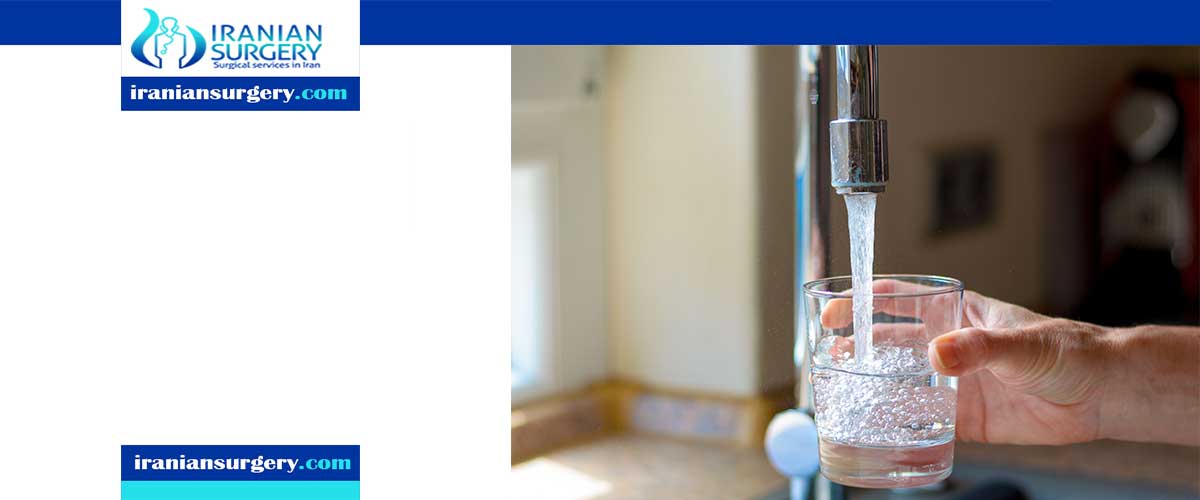How long does it take to recover from a hemorrhoidectomy?
Recovery
After you have hemorrhoids removed, you can expect to feel better each day. Your anal area will be painful or ache for 2 to 4 weeks. And you may need pain medicine. It is common to have some light bleeding and clear or yellow fluids from your anus. This is most likely when you have a bowel movement. These symptoms may last for 1 to 2 months after surgery.
After 1 to 2 weeks, you should be able to do most of your normal activities. But don't do things that require a lot of effort. It is important to avoid heavy lifting and straining with bowel movements while you recover.
This care sheet gives you a general idea about how long it will take for you to recover. But each person recovers at a different pace. Follow the steps below to get better as quickly as possible.
Read more about : Stages of fissure healing
How can you care for yourself at home?
. Activity
. Rest when you feel tired.
. Be active. Walking is a good choice.
. Allow your body to heal. Don't move quickly or lift anything heavy until you are feeling better.
. You may take showers and baths as usual. Pat your anal area dry when you are done.
. You will probably need to take 1 to 2 weeks off work. It depends on the type of work you do and how you feel.
. Diet
. Follow your doctor's instructions about eating after surgery.
. Start adding high-fibre foods to your diet 2 or 3 days after your surgery. This will make bowel movements easier. And it lowers the chance that you will get hemorrhoids again.
. If your bowel movements are not regular right after surgery, try to avoid constipation and straining. Drink plenty of water. Your doctor may suggest fibre, a stool softener, or a mild laxative.
Read more about : Colon cancer treatment options by stage
. Medications
. Your doctor will tell you if and when you can restart your medicines. He or she will also give you instructions about taking any new medicines.
. If you take aspirin or some other blood thinner, ask your doctor if and when to start taking it again. Make sure that you understand exactly what your doctor wants you to do.
. Be safe with medicines. Read and follow all instructions on the label.
. If the doctor gave you a prescription medicine for pain, take it as prescribed.
. If you are not taking a prescription pain medicine, ask your doctor if you can take an over-the-counter medicine.
. If your doctor prescribed antibiotics, take them as directed. Do not stop taking them just because you feel better. You need to take the full course of antibiotics.
. You may apply numbing medicines before and after bowel movements to relieve pain.
Read more about : Anal cancer treatment
Other instructions
. Sit in 8 to 10 centimetres of warm water (sitz bath) for 15 to 20 minutes 3 times a day and after bowel movements. Then pat the area dry. Do this as long as you have pain in your anal area.
. Avoid sitting on the toilet for long periods of time or straining during bowel movements.
. Keep your anal area clean.
. Support your feet with a small step stool when you sit on the toilet. This helps flex your hips and places your pelvis in a squatting position. This can make bowel movements easier after surgery.
. Use baby wipes or medicated pads, such as Tucks, instead of toilet paper after a bowel movement. These products do not irritate the anus.
. If your doctor recommends it, use an over-the-counter hydrocortisone cream on the skin in your anal area. This can reduce pain and itching after surgery.
. Apply ice several times a day for 10 minutes at a time.
. Try lying on your stomach with a pillow under your hips to decrease swelling.
Read more about : Sleeping position for fissure
Read more about : Foods that cure fissures
When should you call for help?
Call your doctor or nurse or seek immediate medical care if:
. You have signs of infection, such as:
. Increased pain, swelling, warmth, or redness.
. Red streaks leading from the area.
. Pus draining from the area.
. A fever.
. You have pain that does not get better after you take your pain medicine.
. You are sick to your stomach or cannot keep fluids down.
. You have signs of a blood clot in your leg (called a deep vein thrombosis), such as:
. Pain in your calf, back of the knee, thigh, or groin.
. Redness and swelling in your leg or groin.
. You cannot pass stools or gas.
Source:
. https://myhealth.alberta.ca/Health/aftercareinformation/pages/conditions.aspx?hwid=ud1119


